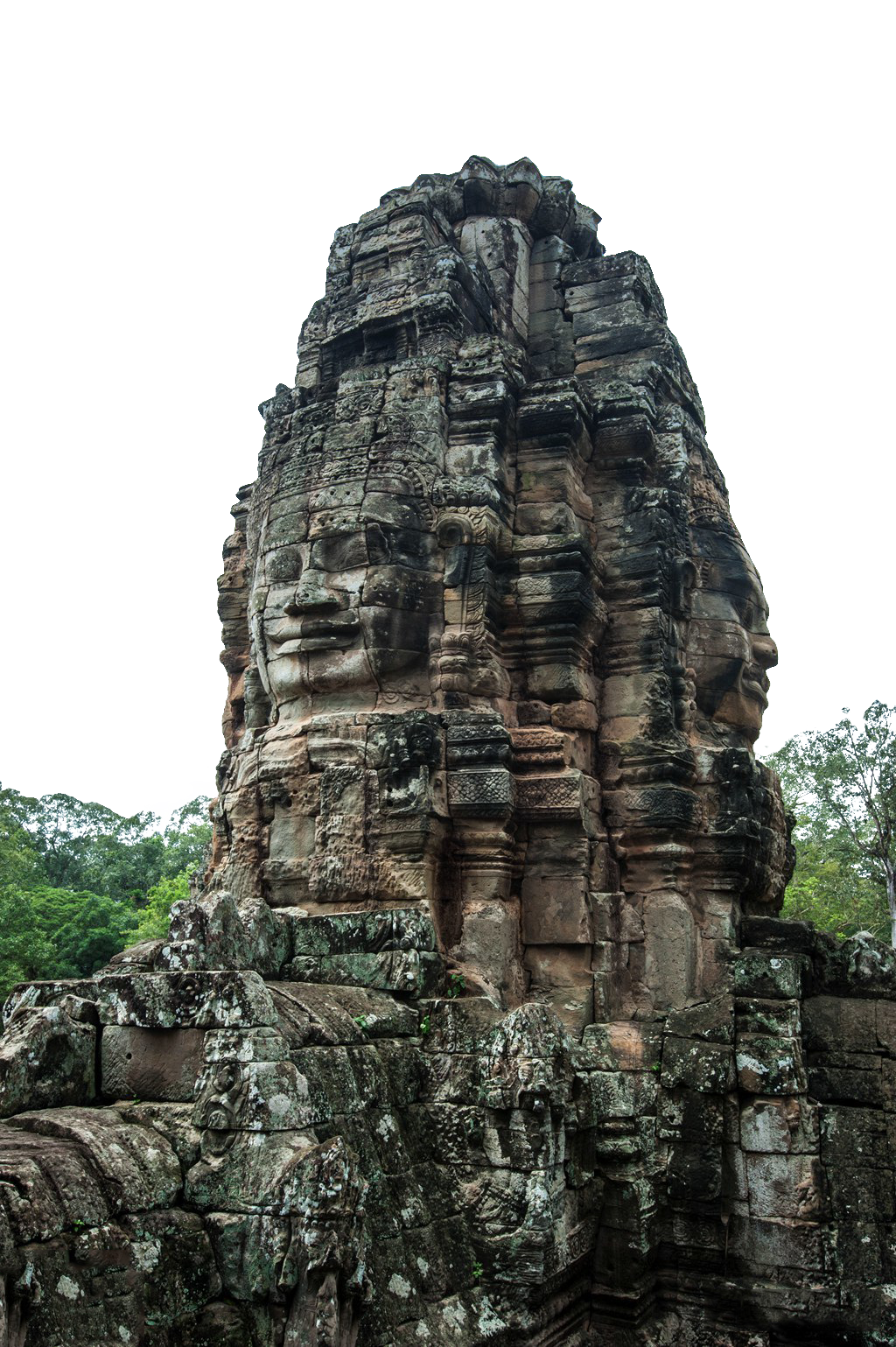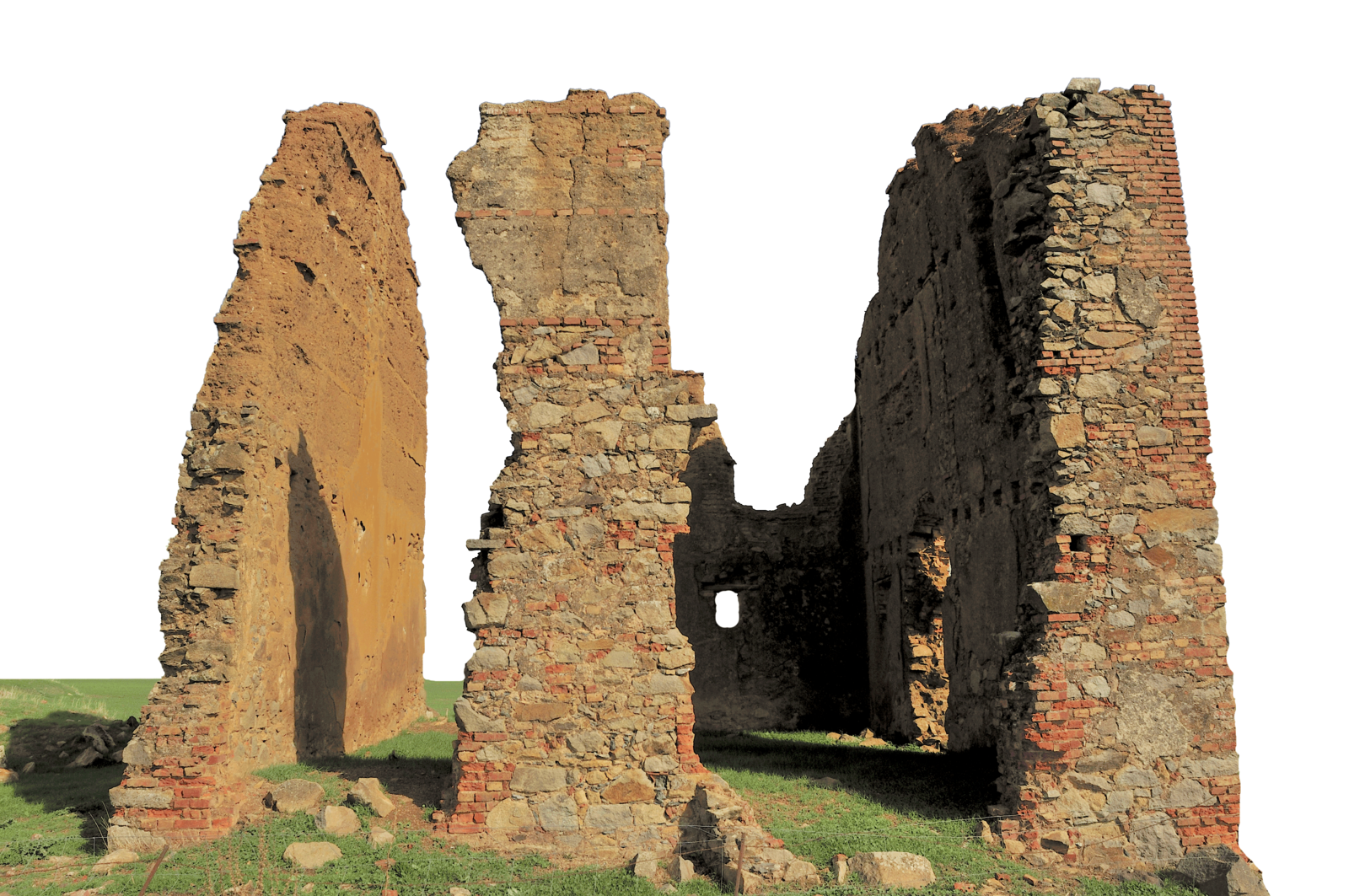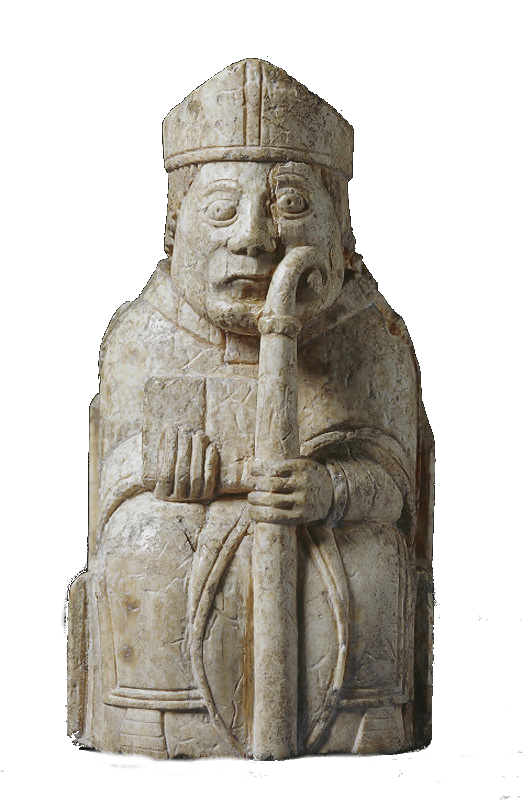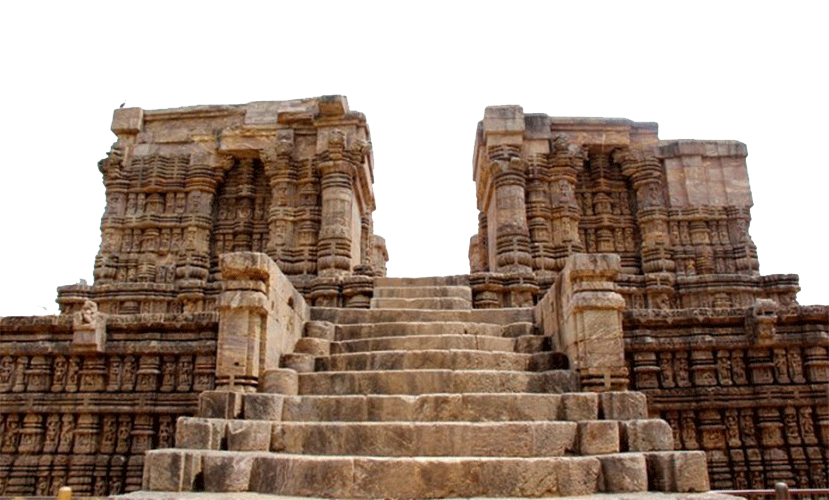Archaeology
Welcome to c/Archaeology @ Mander.xyz!
Shovelbums welcome. 🗿

Notice Board
This is a work in progress, please don't mind the mess.
- 2023-06-15: We are collecting resources for the sidebar!
- 2023-06-13: We are looking for mods. Send a dm to @[email protected] if interested!
About
Archaeology or archeology[a] is the study of human activity through the recovery and analysis of material culture. The archaeological record consists of artifacts, architecture, biofacts or ecofacts, sites, and cultural landscapes.
Archaeology has various goals, which range from understanding culture history to reconstructing past lifeways to documenting and explaining changes in human societies through time.
The discipline involves surveying, excavation, and eventually analysis of data collected, to learn more about the past. In broad scope, archaeology relies on cross-disciplinary research. Read more...
Rules
- Don't throw mud. Be kind and remember the human.
- Keep it rooted (on topic).
- No spam.
- No pseudoscience/pseudoarchaeology.

Links
Archaeology 101:
Get Involved:
University and Field Work:
- Archaeological Fieldwork Opportunities Bulletin
- University Archaeology (UK)
- Black Trowel Collective Microgrants for Students
Jobs and Career:
Professional Organisations:
- Chartered Institute for Archaeologists (UK)
- BAJR (UK)
- Association for Environmental Archaeology
- Archaeology Scotland
- Historic England
FOSS Tools:
- Diamond Open Access in Archaeology
- Tools for Quantitative Archaeology – in R
- Open Archaeo: A list of open source archaeological tools and software.
- The Open Digital Archaeology Textbook
Datasets:
Fun:
Other Resources:

Similar Communities
Sister Communities
Science and Research
Biology and Life Sciences
Plants & Gardening
Physical Sciences
Humanities and Social Sciences
Memes
Find us on Reddit

view the rest of the comments
This is the best summary I could come up with:
The University of Liverpool scientist leads the Deep Roots of Humanity research project, which excavated and analysed the ancient timber.
Team member Perrice Nkombwe, from the Livingstone Museum, in Zambia, said: "I was amazed to know that woodworking was such a deep-rooted tradition.
Until now, evidence for the human use of wood has been limited to making fire and crafting tools such as digging sticks and spears.
Grains of rock absorb natural radioactivity from the environment over time - essentially charging up like tiny batteries, as Prof Duller put it.
"With this discovery, we hope to enrich our collection and use the finds to inform the interpretation of the woodworking tradition in Zambia," Ms Nkombwe said.
Continuing the work at the Kalambo Falls site, she added, "has the potential to deepen our knowledge of ancient woodworking techniques, craftsmanship, and human interactions with the environment".
The original article contains 652 words, the summary contains 144 words. Saved 78%. I'm a bot and I'm open source!